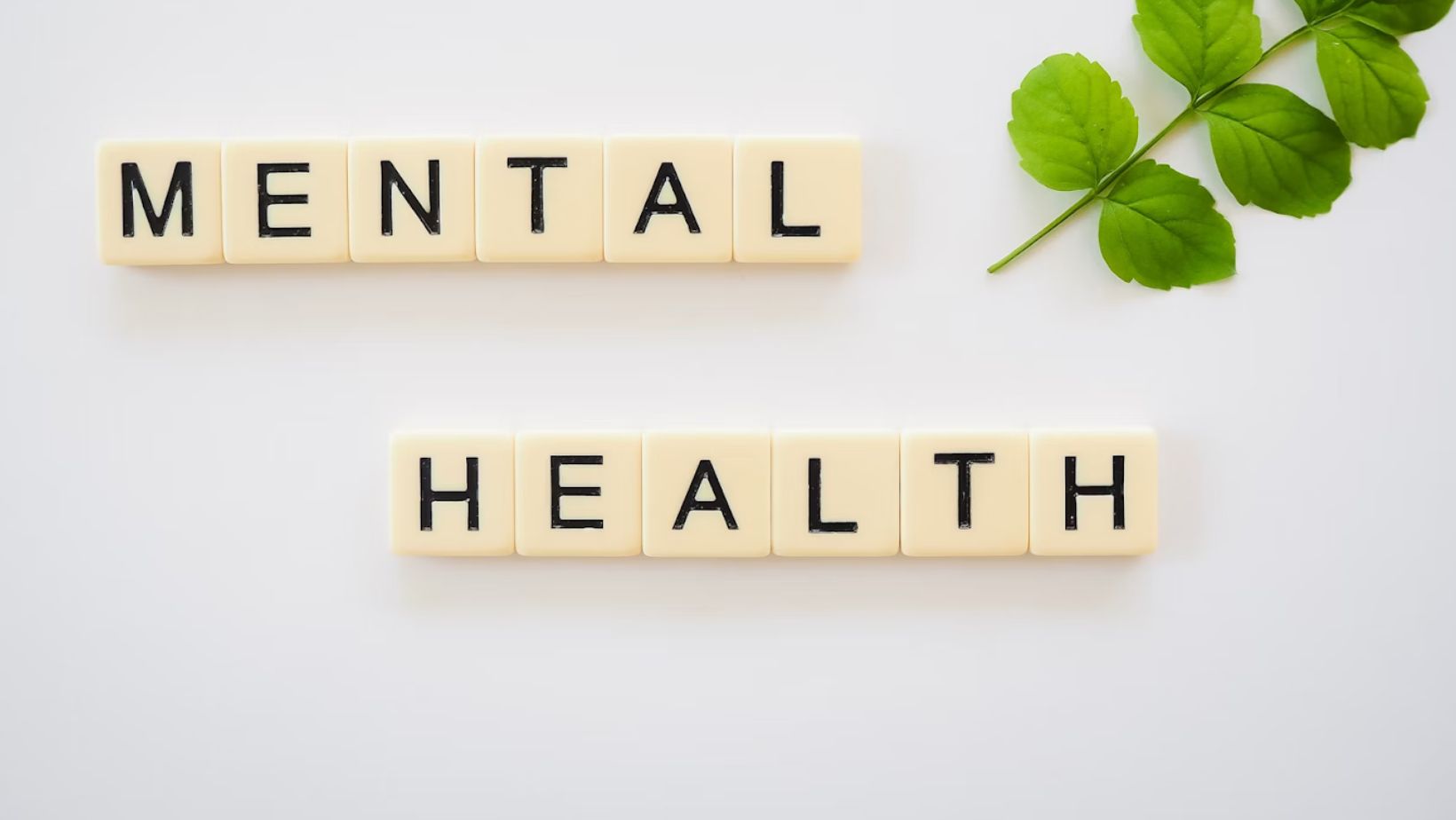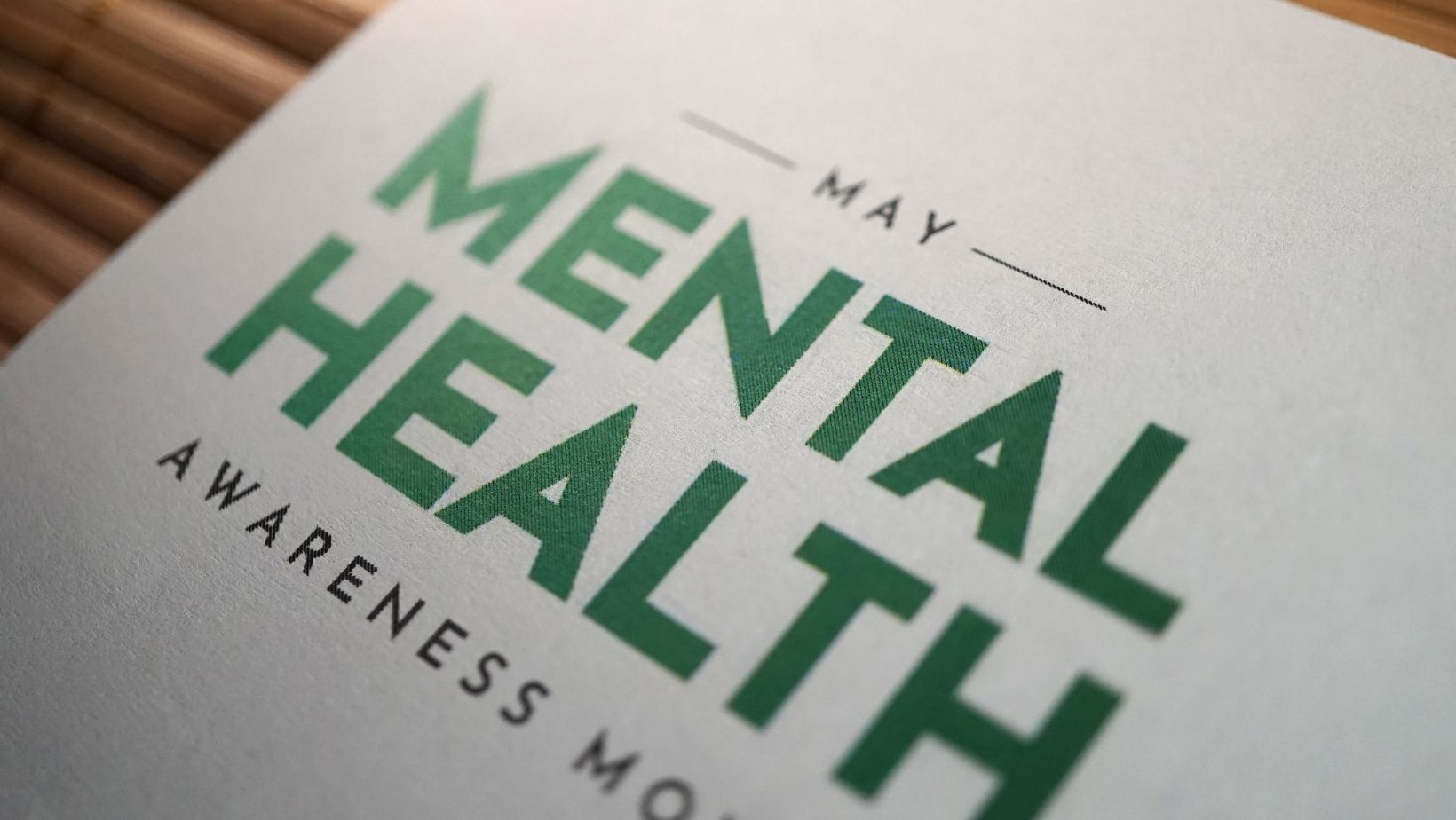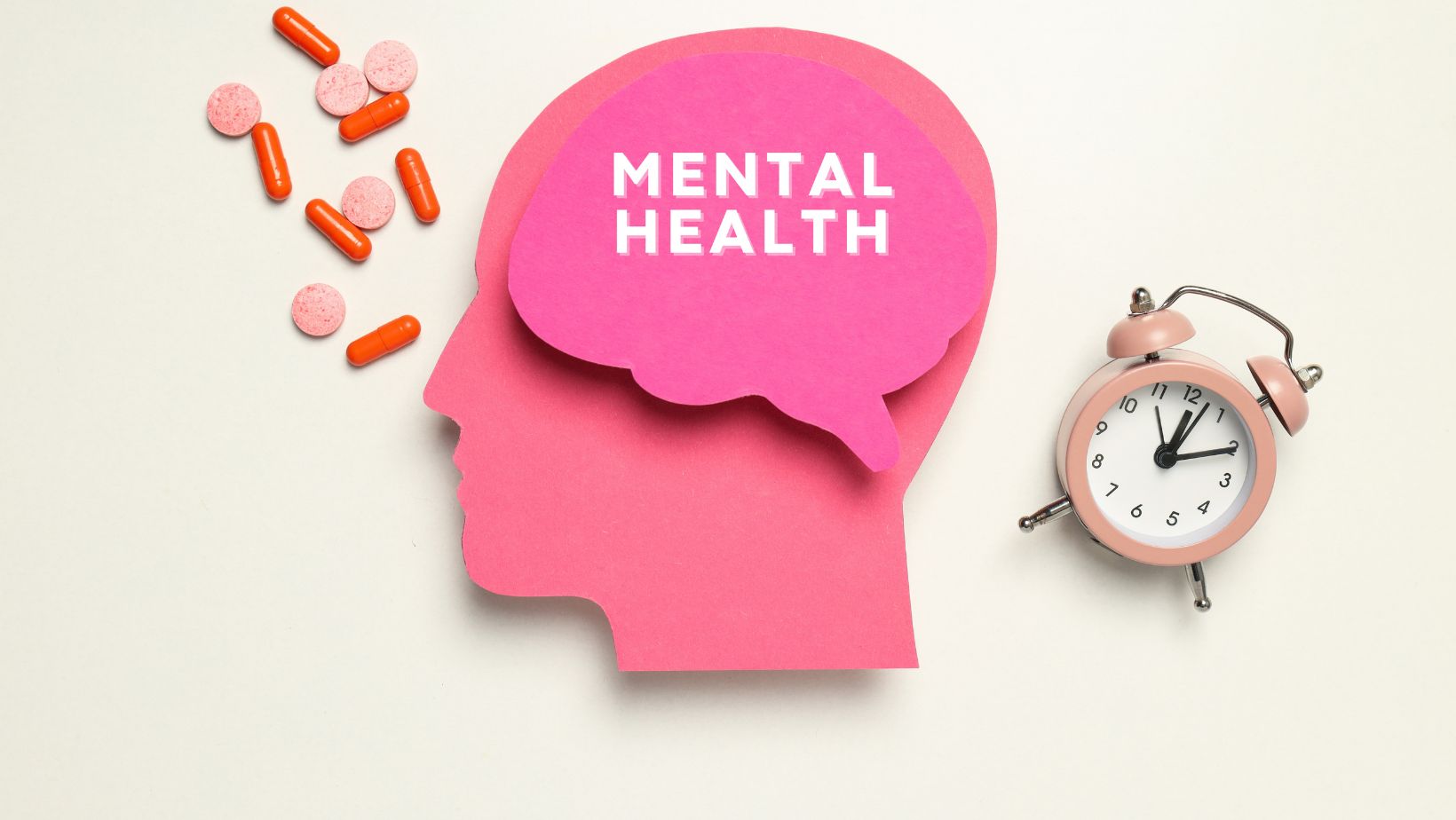 Do you find yourself in a state of sadness more frequently than normal? Your mental state could be influenced by your vitamin consumption.
Do you find yourself in a state of sadness more frequently than normal? Your mental state could be influenced by your vitamin consumption.
Our dietary choices affect more than just our physical energy and health because they also impact our mental state. Studies indicate that particular vitamins are essential for maintaining mental health.
The mental health field has never required deeper understanding of its influencing factors than now amidst the record-breaking suicide rate documented in 2022 in the United States.
Good news? Monitoring your intake of specific vitamins can lead to enhanced emotional wellness. Health experts recommend GEM supplements along with other vitamin sources as part of a holistic strategy to enhance mental health support.
What You’ll Discover Today
- How specific vitamins affect your brain chemistry
- The most important vitamins for mental wellbeing
- Signs you might have vitamin deficiencies affecting your mood
- Practical ways to boost your vitamin intake
The Science Behind Vitamins and Your Brain
Your brain performs essential functions throughout the day and night cycle including during sleep. To operate effectively your brain requires specific nutrients and various vitamins serve as crucial components in this operation.
Vitamins operate like small workers within a vast factory system inside your brain. Certain vitamins facilitate the production of mood-enhancing chemicals such as serotonin and dopamine. Others protect brain cells from damage. There are also vitamins that assist in the formation of new neural connections in the brain.
Without adequate intake of these essential nutrients your mental functions cannot operate at their best performance. This point highlights the link between mood disorders and mental wellbeing.
Studies show that individuals with depression generally have reduced levels of specific vitamins when compared to people without depression. Research indicates that vitamin deficiencies may not directly cause depression yet we should examine the potential link between them.
Key Vitamins for Mental Wellbeing
Vitamin D: The Sunshine Vitamin
Research shows vitamin D plays a key role in mental health. Studies have shown a consistent link between depression rates and vitamin D levels in U.S. adults. The reduction of sunlight during winter months leads to vitamin D deficiency which may contribute to the onset of seasonal affective disorder (SAD) in numerous individuals.
 Research indicates that individuals suffering from depression display lower levels of vitamin D. Many medical professionals now suggest vitamin D supplements or alternative sources as essential elements of mood disorder treatment programs because of the robust connection between vitamin D and mental health.
Research indicates that individuals suffering from depression display lower levels of vitamin D. Many medical professionals now suggest vitamin D supplements or alternative sources as essential elements of mood disorder treatment programs because of the robust connection between vitamin D and mental health.
Why does it matter? Areas that manage mood contain vitamin D receptors within your brain. Your mood regulation system may underperform when vitamin D deficient receptors in your brain fail to receive adequate amounts of vitamin D.
B Vitamins: Brain Cell Powerhouses
The B vitamin group requires special consideration for discussions about mental health. Your body requires these vitamins to transform food into energy while they also serve essential functions for brain activity.
Vitamin B12 alongside folate (which is vitamin B9) stands out as especially crucial. According to recent research folic acid supplementation combined with antidepressants can improve treatment outcomes, especially among female patients.
B vitamins such as B6 and B1 facilitate the production of neurotransmitters responsible for emotion regulation. Insufficient levels of these vitamins can lead to:
- Brain fog and difficulty concentrating
- Irritability and mood swings
- Fatigue even after plenty of rest
- Persistent low mood
Vitamin C: Not Just for Immunity
While vitamin C is commonly associated with cold prevention, it plays a crucial role in the production of neurotransmitters such as dopamine and serotonin. The synthesis of mood-regulating chemicals depends on sufficient vitamin C levels which enable their proper production.
Vitamin C protects brain cells from oxidative stress which leads to anxiety and depression over time while functioning as an antioxidant.
The Mental Health Crisis and Nutritional Status
The statistics show the disappointing state of mental health across the United States. The prevalence of depression increased from 8.2% during 2013-2014 to 13.1% in the period between 2021-2023. People with less family income experience higher depression rates as more than 22% of individuals living below the poverty line suffer from depression.
The vast majority of individuals with depression experience significant disruptions to their professional responsibilities as well as their domestic and social lives. In the last year previous counseling or therapy services reached just about 39% of those who needed them.
These statistics raise an important question: Tackling nutritional deficiencies might present a new solution to combat the mental health crisis.
Signs Your Vitamin Levels Might Be Affecting Your Mood
What are the indicators that a lack of vitamins could be impacting your emotional well-being? Look out for these warning signs:
- Persistent fatigue that rest doesn’t solve
- Feeling down for weeks without clear reason
- Unexplained anxiety or irritability
- Trouble concentrating or brain fog
- Muscle weakness or tingling
- Changes in appetite
Multiple symptoms alongside low mood could signal a need for blood tests to check vitamin levels.
How to Boost Your Vitamin Intake Naturally
Supplements might help your health but natural food provides the most effective way to obtain vitamins. These tips will help you increase your consumption of vitamins that support mental health.
Food Sources for Key Vitamins
Vitamin D:
- Fatty fish like salmon and mackerel
- Egg yolks
- Milk along with orange juice and cereal products provide essential nutrients when fortified.
- Mushrooms exposed to UV light
Your body can create vitamin D naturally by spending 10-15 minutes outside in the sunlight several times per week.
B Vitamins:
- Leafy greens (especially for folate)
- Whole grains
- Meat and poultry
- Eggs and dairy
- Legumes like lentils and chickpeas
Vitamin C:
- Citrus fruits
- Bell peppers
- Strawberries
- Broccoli
- Kiwi fruit
The mental well-being supplements market stands at approximately $11.5 billion in 2025 and shows projected growth of 8.6% each year.  Try to raise your intake of these foods before considering supplements.
Try to raise your intake of these foods before considering supplements.
When to Consider Supplements
A balanced diet may not provide sufficient nutrients if you:
- Engage in a specialized eating plan such as vegan or dairy-free.
- Have medical conditions that affect nutrient absorption
- Take medications that deplete vitamin levels
- Dwelling in northern regions where sunlight exposure is limited
- After age 60 people face reduced vitamin absorption capabilities.
In these cases, supplements might be beneficial. However, it’s important to:
- Always seek advice from a healthcare professional before beginning any supplement program.
- Choose quality supplements from reputable manufacturers
- Be aware of potential interactions with medications
- It’s important to avoid taking vitamin doses higher than recommended because certain vitamins become toxic when consumed in large quantities.
The Mind-Body Connection: Beyond Just Vitamins
Vitamins contribute to mental wellbeing but represent only one element in the larger health picture. The mind-body connection reminds us that:
- Exercise increases mood levels because physical activity triggers endorphin release which helps manage mild to moderate depression.
- The effectiveness of vitamin absorption decreases when you experience poor sleep.
- Ongoing stress reduces the body’s levels of B vitamins and vitamin C.
A holistic approach proves most effective for maintaining mental wellbeing. Good nutrition combined with exercise and quality sleep alongside stress management establishes emotional wellness.
Final Thoughts: Nourishing Your Mind
In 2025, mental health awareness reached new heights as 33% of Americans set mental health resolutions marking the peak percentage since 2021. Here are some easy steps you can take right now to join others who prioritize emotional wellness:
- Include a source of vitamins in every meal throughout the upcoming week
- Spend 15 minutes outdoors during daylight hours
- Make an appointment with your physician to discuss testing for vitamin deficiencies if you have been experiencing an ongoing low mood.
Every new study reveals more about how vitamins influence mental wellness. Your brain can manage mood effectively when you provide it with enough vitamin D, B vitamins, vitamin C and other essential nutrients.
Which food high in vitamins will you include on your plate today?